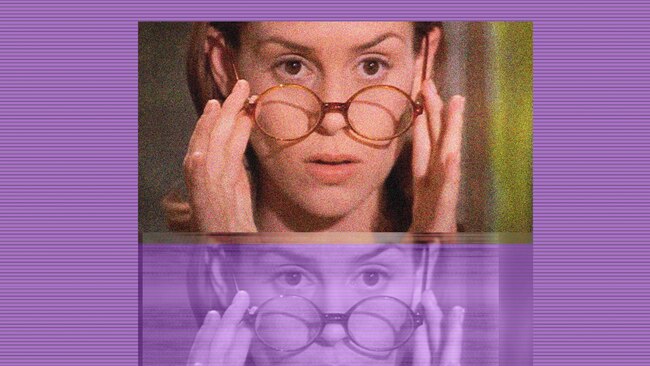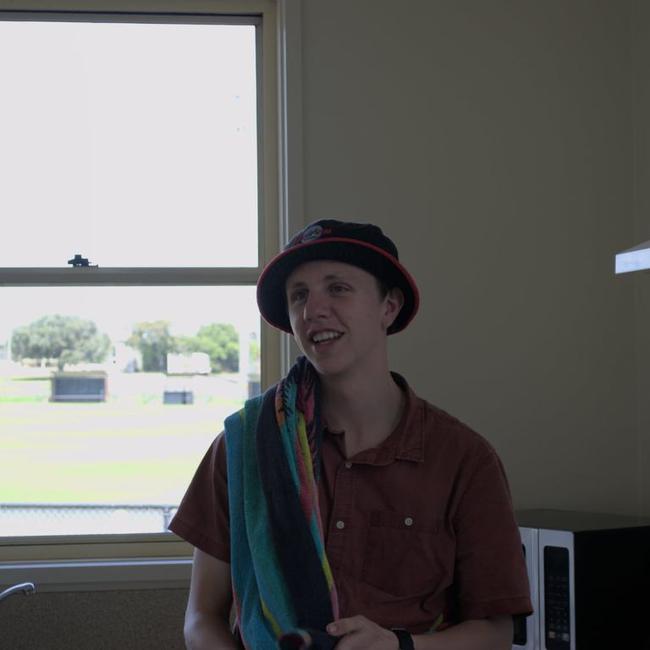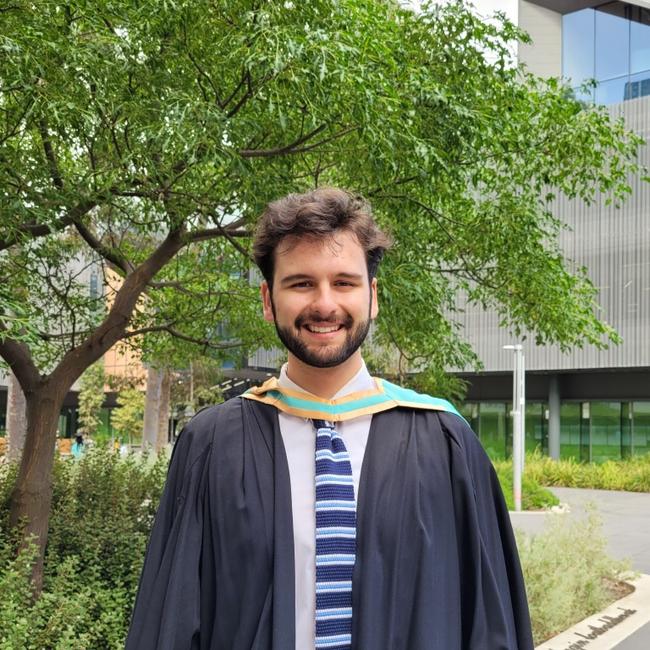Struggling teachers ask: Will this be on the test?
After all those years, you should be able to pass, right?

After all those years, you should be able to pass, right?
How smart should you be before you're allowed to enrol in a teaching degree?
The government says much smarter than teaching students are at the moment - at least when it comes to basic literacy and numeracy.
But the question is, does it matter how competent you are going into the degree, or just how great a teacher you are when you finally get up in front of your first class?
The government is determined to improve teacher quality by demanding they're better equipped on the basics on the way into university, but young teachers reckon what will really attract better students into teaching is better pay.
The Literacy and Numeracy Test for Initial Teacher Education Students (LANTITE), the test teaching grads need to pass before being released into the wild, captures what you would have learned from kindergarten to year 12. After all those years, you should be able to pass, right?
But one in ten people studying to be a teacher fail the LANTITE, according to federal Education Minister Stuart Robert.
If re-elected, the Morrison government wants states and territories to agree you need to pass the test before you enrol.
Victoria University student teacher Neo Williams, 18, said bringing forward the test "makes the whole purpose of doing a Year 12 course redundant."
Williams hasn't taken the test yet but said he was sure he could pass it with ease with his Year 12 qualifications.
"It's something a year 12 student should have the skills to pass and the education system should be giving them the skills to achieve at that level.
"But we live in a less than perfect world and students are leaving school without that level of qualification."
"You need literacy and numeracy skills in jobs across the whole of society and those skills should be at that level, you’d think, from your traditional primary and secondary education."
Sample questions on the LANTITE include: “This year a teacher spent $383.30 on stationery. Last year the teacher spent $257.85 on stationery. How much more did the teacher spend this year than last year?"
Many of the literacy questions are multiple choice, to check comprehension, punctuation and identify spelling errors.

The government is "looking at it the wrong way," according to first year teacher James Desmond.
"If they want to attract higher quality teachers and they want to maintain and keep those teachers, then they should increase and improve the conditions of people in the workforce, rather than trying to weed out people they deem to be not as good," the 22-year-old history teacher said.
On Wednesday, 15,000 NSW teachers marched in protest of working conditions and salaries.
"They should look at increasing pay, first and foremost, and increase support and funding for schools, particularly in the public school system."

Yasmin Andrews, a second year teaching student at The University of Sydney, said bringing the test forward would create an added stress for Year 12 students.
She said USYD students had a zero-credit course at university in order to prepare them for the LANTITE.
"Students would need to study and revise and centre all their energy around it. And to do that as a Year 12 student who has just completed or is working towards their final exams, it would just further exacerbate that stressful life period."
Andrews takes the LANTITE next semester and said "it's one of those things that's looming".
Mr Robert said universities should only enrol students in education degrees if they passed the basic test.
"10% of our teaching graduates are failing on basic literacy and numeracy ... 10% (of those) are failing it not once, not twice, but three times," he told The Australian.
The federal government announced on Wednesday they would put $40m in extra funding towards retraining 700 mid-career professionals - engineers, lawyers, tech experts and tradies - through the Teach for Australia program. These new teachers would enter classrooms in 2023 and 2024. The Government also announced $13.4m to to change teacher accreditation standards, changing the graduate diploma of education from two year to one.
National Union of Students Education Officer Luc Velez said the issues "lie beyond changes to university admissions".
Rather than increasing the barriers to higher education, the NUS calls on the government to substantially increase funding to education."
"The NUS supports the NSW Teachers Federation strike yesterday and their demands," he said.



